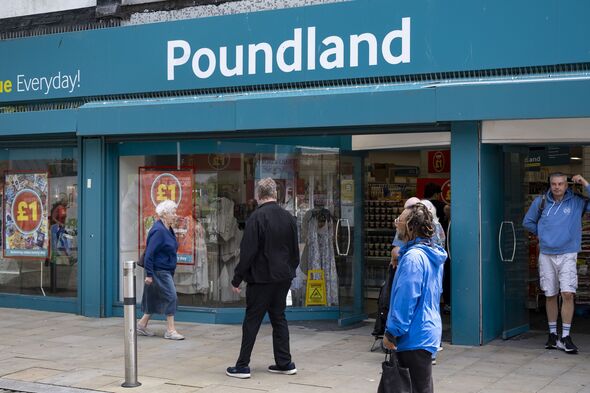Poundland Stores Closing: The Impact on Communities

Introduction
The recent announcement regarding the closure of several Poundland stores has raised concerns among local communities and employees alike. As one of the UK’s popular discount retailers, Poundland plays a significant role in providing affordable goods to consumers, especially in economically challenging times. The closure of these stores not only affects the workforce but also the accessibility of low-priced merchandise for local residents.
Details of the Closures
In a statement released last week, Poundland’s parent company confirmed the closure of 17 stores across various regions in the UK, including significant locations in London, Birmingham, and Liverpool. This decision reflects an ongoing strategy to streamline operations amid rising operational costs and changing consumer habits. The company cited factors such as higher rental prices, increased competition from other discount retailers, and shifts to online shopping as contributing to their decision to close physical locations.
The closure process is expected to begin in the coming weeks, with many employees affected by the job losses. The company has promised support for displaced workers, offering severance packages and assistance in finding new employment opportunities. Local councils have expressed concern about the impact these closures will have on not just jobs, but also the wider economy in areas already facing financial challenges.
Community Response
Local community members have voiced their discontent regarding the store closures, noting that Poundland provides essential low-cost items that benefit families and individuals living on tight budgets. Residents fear that without these stores, they will need to travel further for affordable shopping options, which could lead to increased travel costs and wasted time. Community leaders have called for urgent discussions with Poundland management to seek alternatives that might prevent additional closures.
Conclusion
The closure of Poundland stores signifies a broader trend affecting brick-and-mortar retail in the UK, especially among discount chains. As the retail landscape continues to evolve, these closures underscore the importance of adapting to shifting market demands while aiming to retain community support. While the future remains uncertain for both the company and its employees, the impact on local economies suggests that community engagement and innovative solutions will be vital in navigating these changes. As consumers advocate for more accessible shopping options, it will be crucial for retailers to reconsider how they operate amid increasing competition and economic pressures.









